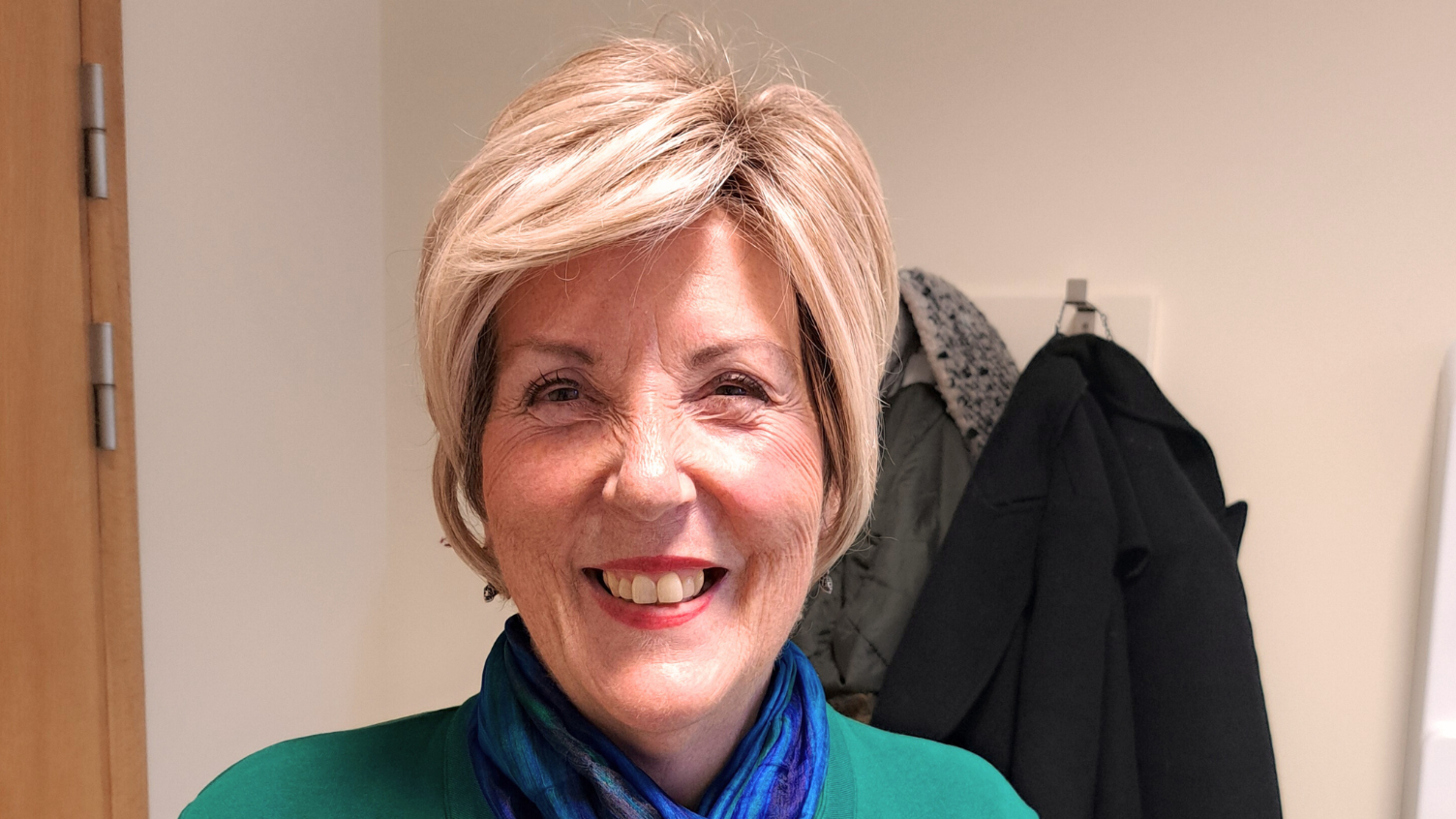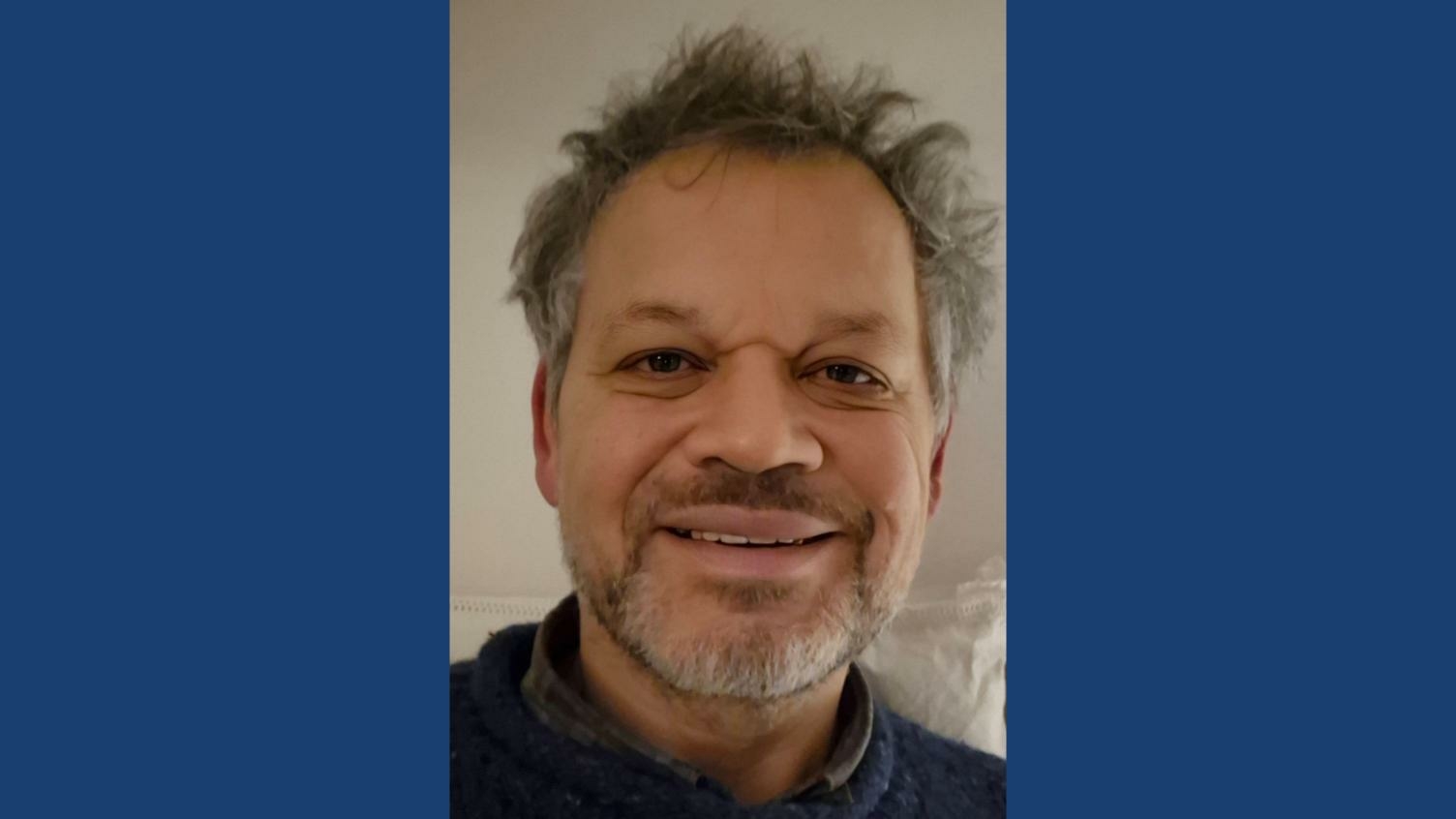Professor David Baldwin talks about the future of using AI software in lung cancer detection
- 27 February 2024
- 3 min read
“The only way that we can make medical advances is through research.” - Professor Baldwin explains how his research will revolutionise the future of lung cancer detection.
Read more about how AI software is being used to detect lung cancer.
Lung cancer is the most common cause of cancer death in the UK, accounting for a fifth of all cancer deaths. Lung cancer survival has not shown much improvement in the last 50 years in the UK (Cancer Research UK), however this is soon expected to change.
Nottingham University Hospitals NHS Trust (NUH) is one of seven hospitals in England to investigate software that looks into identifying unusual signs from a routine X-ray within minutes. The National Institute for Health and Care Research (NIHR) is supporting the LungIMPACT trial, which will evaluate artificial intelligence (AI) technology called qXR designed to spot potential abnormalities on chest X-rays. The success of this study would mean that patients who have signs of lung cancer can receive a CT scan on the same day which will reduce diagnosis and treatment delays.
The study is supported by the Clinical Research Network (CRN) East Midlands, in partnership with NUH and NHS England. Professor David Baldwin, Chair of NHS England's Clinical Expert Group for Lung Cancer and a respiratory consultant at NUH is the Chief Investigator. It has been listed as one of 11 studies to be most impactful in 2024 by the journal Nature Medicine.
Chest X-rays are the most common form of imaging used across the NHS, with over 2 million requested by GPs every year. It can take months before those people with lung cancer have a confirmed diagnosis yet time to diagnosis is a key factor in how many people can benefit from treatment. The LungIMPACT trial will test whether the immediate availability of AI can reduce the time to diagnosis by at least 10 days. There are currently 25,000 participants enrolled nationally, and expected to reach 100,000 by July 2024.
Professor Baldwin states that 'the use of AI and imaging has a very promising future. Doing these studies is a significant challenge but a worthwhile one.'
The NIHR is also supporting the DOLCE study, which is investigating whether the use of new software might improve patients' outcomes and experience by estimating the likelihood of lung nodules being cancerous in CT scans.
This could be revolutionary in the future of lung cancer detection whilst also benefiting the NHS by reducing the amount of unnecessary scans. NUH is the leading sponsor for the study. It is estimated that using new software will save a patient an additional two CT scans on average, meaning that we can safely discharge more patients if further testing is not required.
When asked what he would say to a potential research participant, Professor Baldwin stated: "Participating in research is extremely beneficial for an individual; it puts a focus onto their care. The only way that we can make medical advances is through research. By being a research participant, you are helping this process. If you do decide to go ahead as a participant, make sure to take the time to read the information sheet and understand any consequences. Most importantly, remember that you can withdraw at any time."
Research is crucial in evolving treatments and revolutionising modern medicine. DOLCE is recruiting nationally, and you can find where the study is taking place here.
Professor Baldwin also provided advice for professionals thinking about adding research to their career: "For a medic, research makes you a better doctor as it gives you a better ability to critically evaluate your work. It not only improves your own skills, but it allows you to gain an insight from other's."
Find more information about the LungIMPACT Study in Nature Medicine here (subscription is required).
If you would like to find out more on how you can Be Part of Research and help revolutionise the future of modern healthcare, click here.


